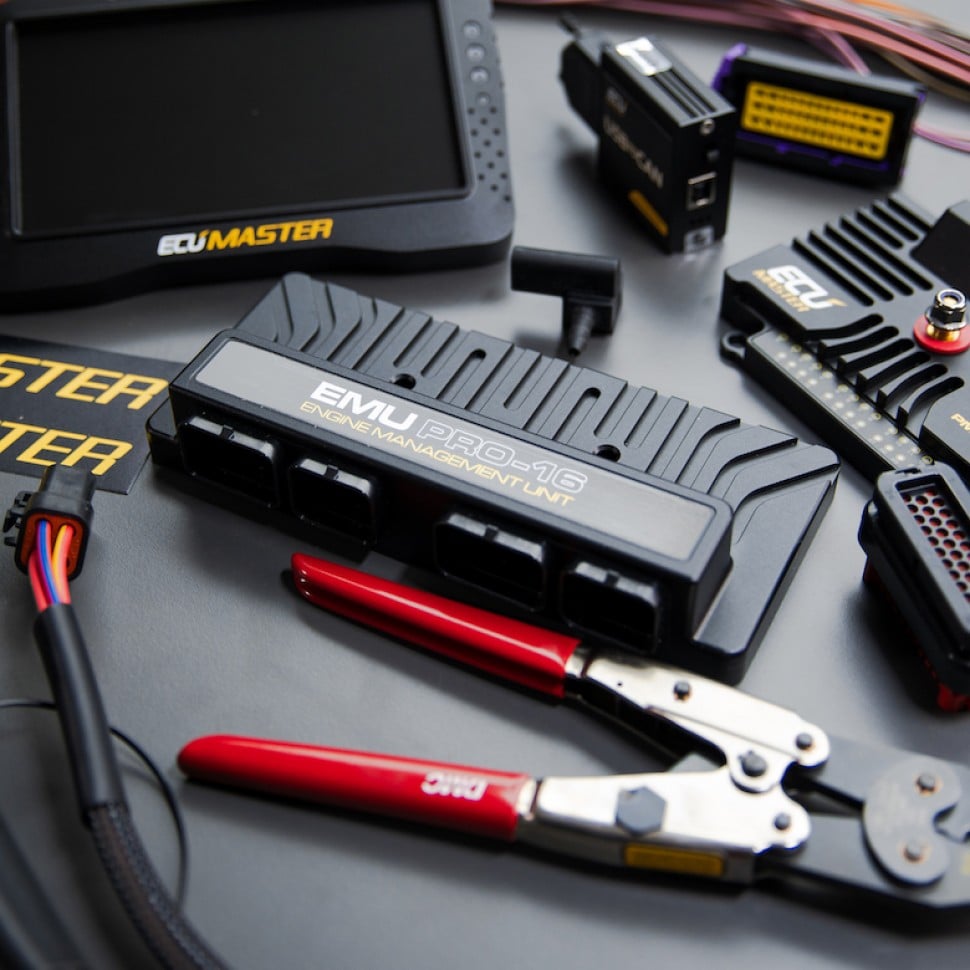Understanding AFR: AFR vs Fuel Type
AFR vs Fuel Type
02.12
| 00:00 | We have already discussed the fact that every fuel will have its own unique stoichiometric ratio. |
| 00:06 | By now you should also understand the lambda and AFR scales of your wideband meter, and understand the effect of the stoichiometric AFR setting on the reading if you choose to use the AFR scale. |
| 00:20 | What is also important to understand is that some fuels will require a different aim lambda than others for the best power and safe operation. |
| 00:29 | Lets take for example pump gas and E85. While the exact numbers can vary a little bit from one engine to another, if we consider a turbocharged engine, we could expect the engine to run happily at full boost with a lambda of 0.80 on either fuel. |
| 00:47 | Likewise both fuels will happily cruise at lambda 1.0 which is 14.7:1 and 9.8:1 respectively. |
| 00:57 | I have found similar results for most of the commercially available fuels that I have tuned on, including VP C16, Q16, and VP 109 among others. |
| 01:08 | That doesn’t mean it is always the case though and one fuel that really stands out is methanol. |
| 01:15 | While the specifics of methanol tuning are beyond the scope of this particular course, its worth touching on it briefly to give a broader understanding of how the fuel type will effect the required air fuel ratio. |
| 01:29 | Methanol fuel has a stoichiometric AFR of 6.4:1, meaning we are burning more than double the amount of fuel when compared to pump gas. |
| 01:39 | My own experience has shown with methanol fuel that it needs to run much richer relatively than either pump gas or E85 in order to control combustion temperature. |
| 01:51 | Attempting to run a high boost methanol engine at lambda 0.80 for instance would most likely result in catastrophic engine failure. |
| 02:01 | From my own experience, I have found a lambda of around 0.68 is where methanol needs to be run on a turbocharged application. |





